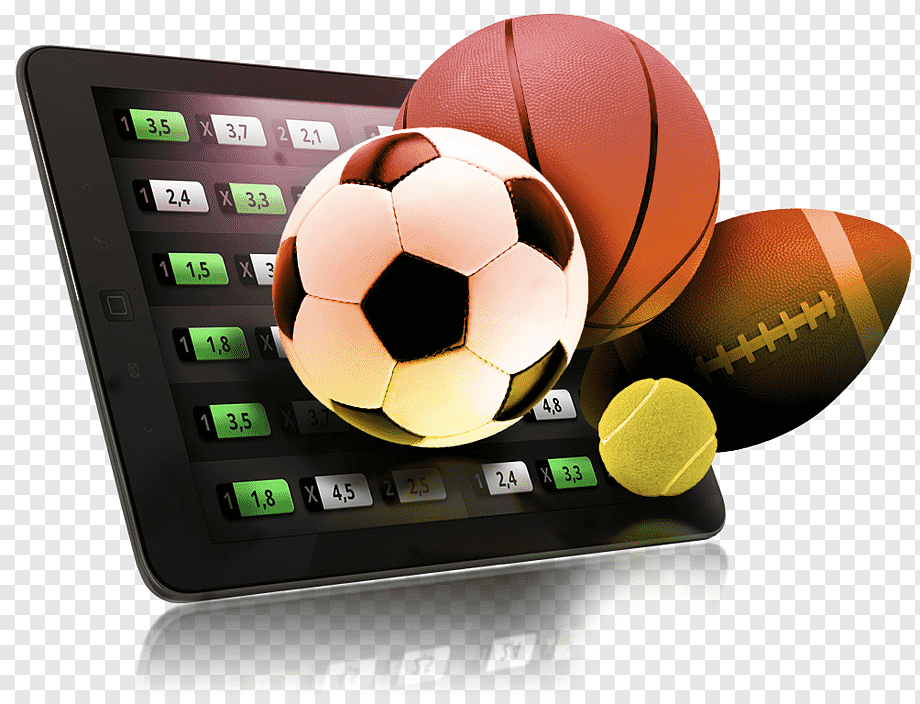
Understanding the Best Odds for Horse Racing
When it comes to horse racing, understanding how to find the best odds for horse racing is crucial for both novice and seasoned bettors. By grasping the factors that influence odds and learning how to interpret them, you can make more informed betting decisions. For additional insights into various betting strategies, visit Best Odds for Horse Racing gangotritextiles.co.in [1].
The Basics of Horse Racing Odds
Horse racing odds represent the probability of a horse winning a race. They are expressed in a variety of formats, including fractional (e.g., 5/1), decimal (e.g., 6.00), and moneyline (e.g., +500). Understanding these formats is essential as they dictate how much you can win based on your stake.
Fractional Odds
Fractional odds show the profit relative to your stake. For example, odds of 5/1 mean that for every dollar you wager, you could win five dollars if your horse wins. Thus, if you bet $10, you’d receive $50 in winnings plus your initial stake back, totaling $60.

Decimal Odds
Decimal odds simplify calculations. They represent the total return you receive for a successful bet, including your stake. For example, decimal odds of 6.00 mean that for every dollar you wager, you would receive $6 back (which includes your original stake). This format is popular in European countries.
Moneyline Odds
Moneyline odds are commonly used in the United States. A positive moneyline (e.g., +500) shows how much profit you would make on a $100 bet. Conversely, a negative number (e.g., -200) indicates how much you need to stake to win $100. Understanding these odds can give you a clearer picture of the race’s dynamics.
Factors Influencing Horse Racing Odds
Multiple factors influence horse racing odds, including:
- Horse Performance: A horse’s past performance is a critical factor, as horses that consistently finish well are likely to have shorter odds.
- Jockey Experience: An experienced jockey can significantly impact a horse’s chances, thus influencing the odds.
- Track Conditions: Weather and track conditions can affect a horse’s performance, leading to adjustments in odds.
- Public Opinion: Sometimes, odds fluctuate based on the betting volume. If many bettors place money on a particular horse, the odds may shorten.

How to Find the Best Odds
Finding the best odds for horse racing requires research and vigilance. Here are a few tips:
- Compare Odds Across Betting Platforms: Different bookmakers offer different odds. Absolutely take the time to compare odds across several platforms to ensure you get the best deal.
- Follow Expert Analysis: Many experts analyze races and suggest potential bets. Following these analyses can help you make informed choices.
- Take Advantage of Promotions: Bookmakers often offer bonuses and promotions that might enhance your odds or provide risk-free bets.
- Utilize Bet Calculators: Online bet calculators can quickly help you assess potential returns based on the odds, assisting you in making your betting decisions.
The Impact of Odds on Betting Strategy
Your betting strategy should be influenced by the odds. Here is how they can guide your decisions:
- Value Betting: Look for opportunities where you believe the odds are misaligned with the horse’s actual chances of winning. Betting on such ‚value‘ odds can be profitable in the long term.
- Bankroll Management: Always consider your bankroll in relation to the odds. Higher odds may present a bigger risk, so it’s critical to manage your funds wisely.
- Bet Types: Different bet types (win, place, show, exacta) have varying potential returns, influenced by the odds. Understanding this can enhance your betting strategy.
Conclusion
Finding the best odds for horse racing is an integral part of becoming a successful bettor. By understanding how odds work, the factors influencing them, and employing effective strategies to find value, you can enhance your betting experience while potentially boosting your returns. Remember, knowledge is power in the world of horse racing.